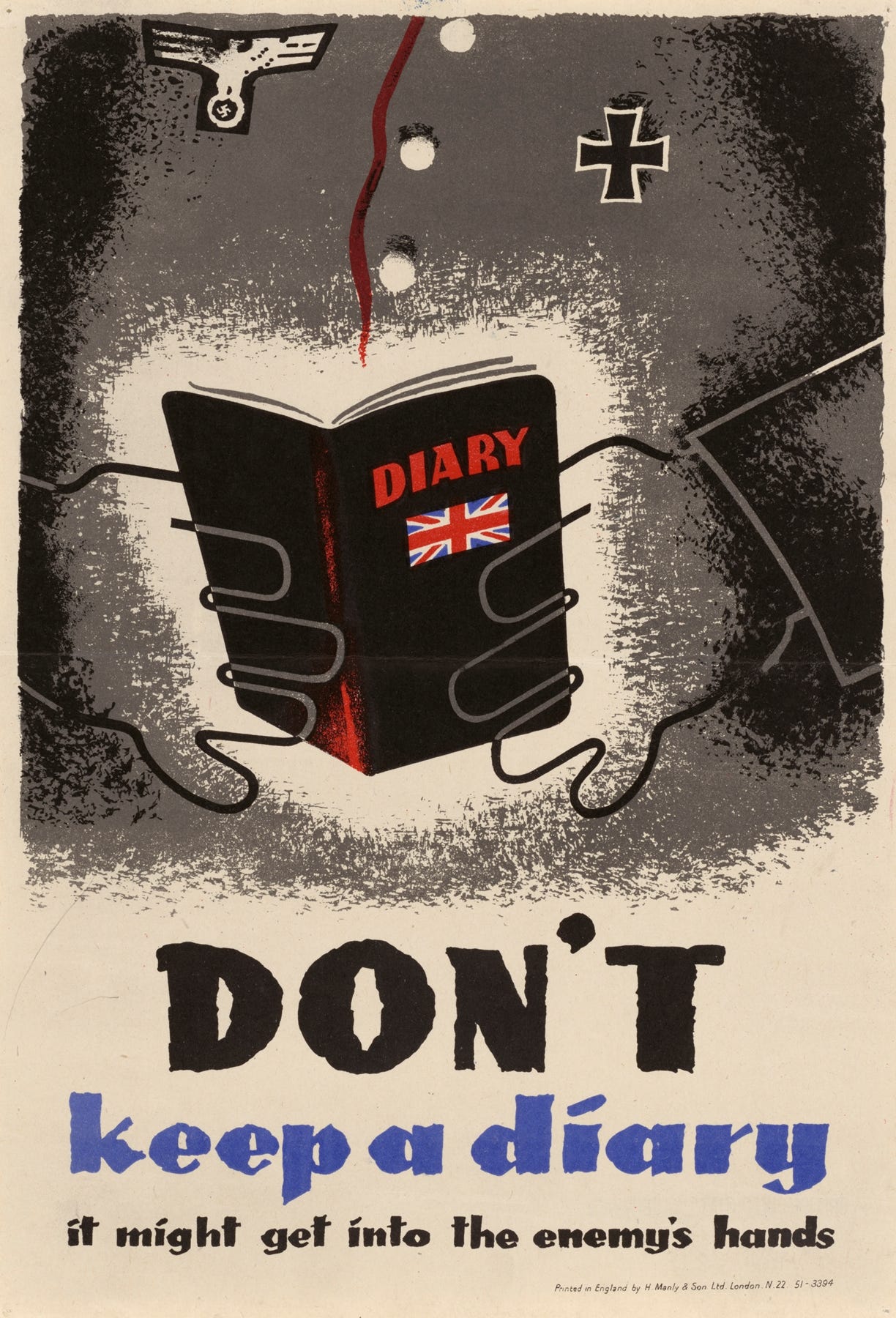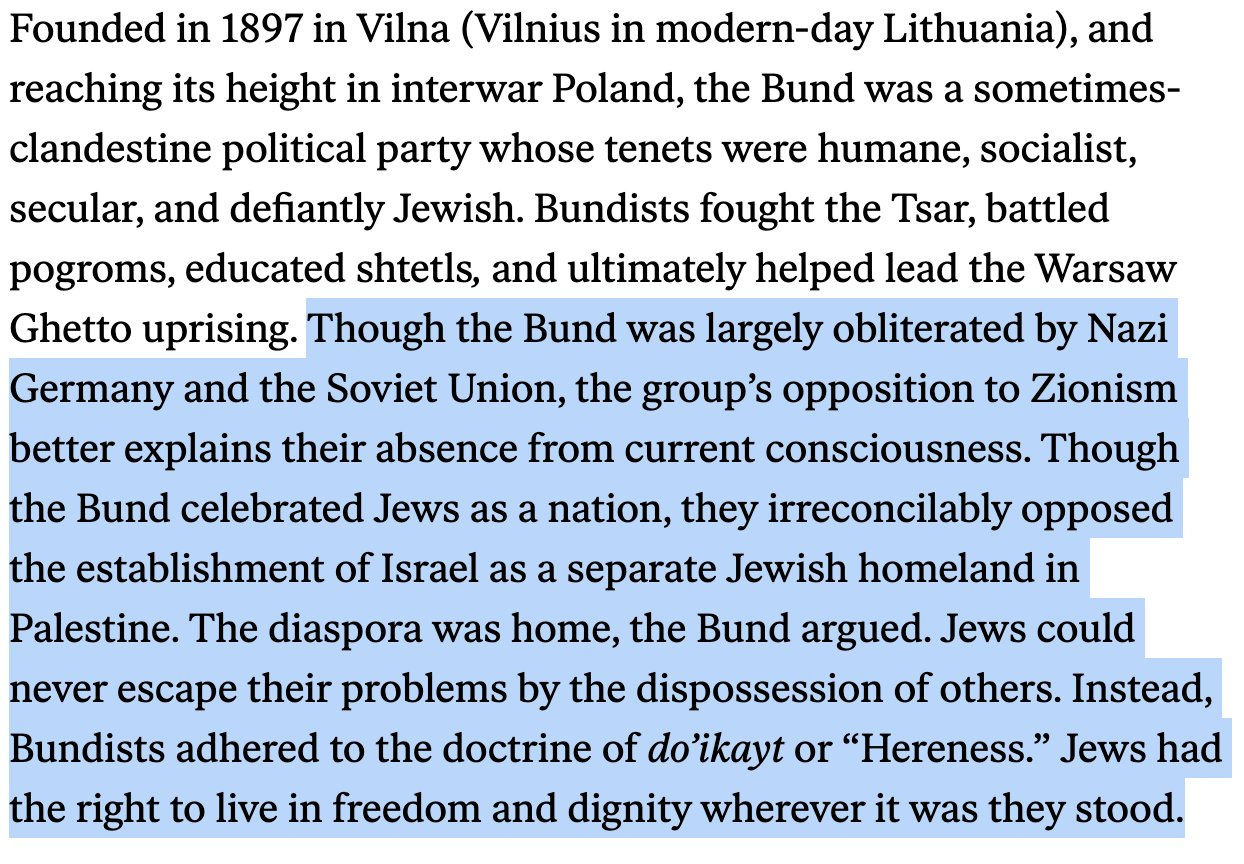Just a quickie today:
A little more than a year after the settlement of a #metoo case for which my diary was subpoenaed, I’m still afraid to return to journaling. I gave it a try a little while ago, but then got spooked all over again. It sucks, because I could really use it right now, in light of the escalation of the Israel/Gaza war.
This raging conflict is upsetting for just about everyone, from varying perspectives. But there are personal, familial implications complicating it for me—and on both sides, people will shoot you down for saying there’s anything complicated about it, or that you’re anything but in perfect lockstep with their particular stance.
One group is telling me that because I’m not posting about the war on social media I’m a self-hating, Hamas-loving Jew; the other is telling me I’m a genocidal, racist colonizer. It is excruciating and lonely-making. (I assure you I’m neither of those things.)
The more I read, the less certain—and more confused and conflicted—I become. But there’s one 2018 essay by Molly Crabapple, published in The New York Review of Books, that I keep coming back to because it helps me imagine there could have been—and could maybe still be?—an alternative scenario.
In “My Great-Grandfather the Bundist,” artist and writer Crabapple tells the story of her late great-grandfather, self-taught artist Sam Rothbort, a member of the Jewish Labor Bund, the revolutionary Jewish political party he joined in Vilna in 1898, which fought anti-semitism, but rejected the idea of displacing Palestinians to (re)create a Jewish homeland in Israel.
Granted, when I tell fellow Jews I think it’s plausible we could have found a way to make it safe for ourselves to live in the diaspora instead, they look at me like I have three heads, and point out the huge challenge of eradicating global antisemitism—given that it remains alive and threatening to us pretty much everywhere.
I really have no answers, and no idea how much more horror will unfold—where it will all lead, both here and there. All I know is that as this war wages on, I find I’m constantly on the verge of tears and deeply depressed. And there are very few people I can talk to about it.
To paraphrase Didion, writing has always helped me to know what I think, to make sense of it, and to release the burden of keeping it inside me. But each time I consider journaling, I shudder at the thought that some day again, my thoughts might not be private.
Right now the only thing I can declare with certainty is: Fuck that guy.





You aren’t alone, Sari. I tried to write an essay this week about exactly this topic and gave up seven paragraphs in because I do not have the mental or emotional bandwidth to be attacked right now, and even if I did, who does it help? The only way forward is together, but people are invested in their stances and their rage, especially on social media. It’s like an angry lynch mob and if you say anything you’ll be up on that stage with the noose swinging in the air and people calling for blood because you had the audacity to express heartache for everyone caught up in this nightmare. There’s so much trauma for everyone and you just cannot have meaningful conversation when people are in fight/flight/freeze mode. Just wanted you to know I think there are a lot of us feeling exactly as you do. Sending you hugs and love, hopefully we will get to a place where we can be kind, tolerant and sane. That would be so amazing, wouldn’t it? 🤍
I love this, Sari. I guess I'm a Bundist. That works for me. I want to live in the whole world, not huddled together with people of a similar background in a country surrounded by enemies. The diaspora IS home. I want diversity. I've felt this way since I learned about the Holocaust at 8 years old. We have to keep writing, telling our truths and letting the chips fall where they may. Silencing ourselves doesn't do anyone a bit of good. And I know it's scary. There's such an intense culture of shaming going on right now. What's the saying? Wherever you go, there you are.